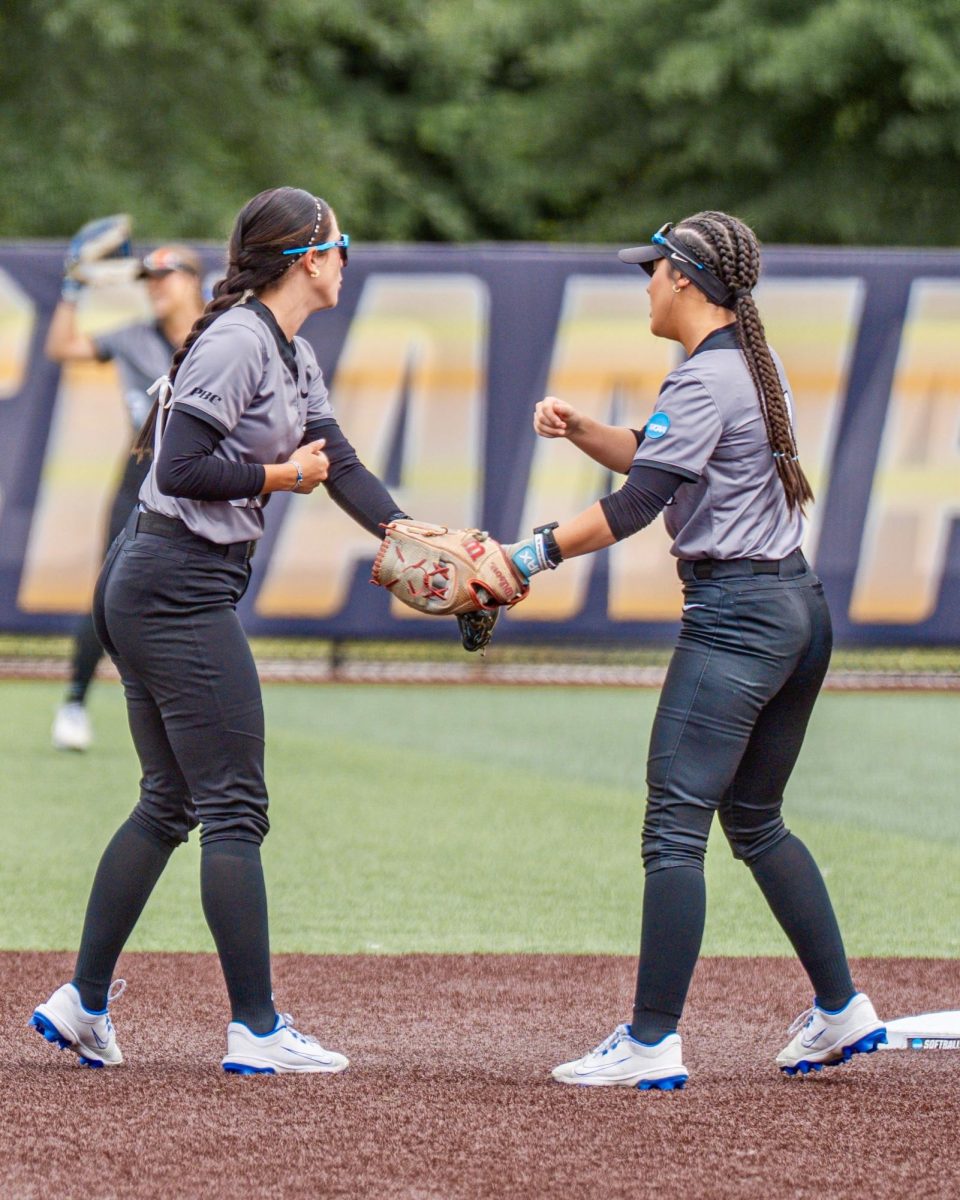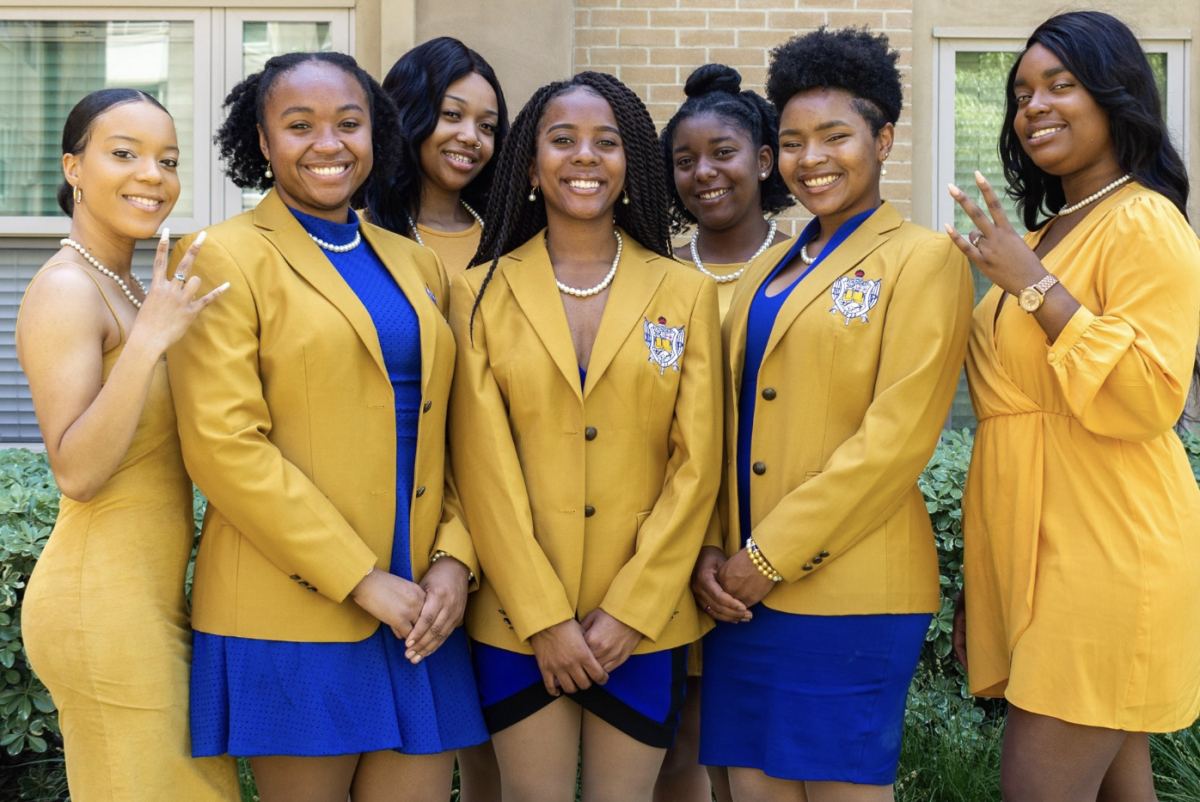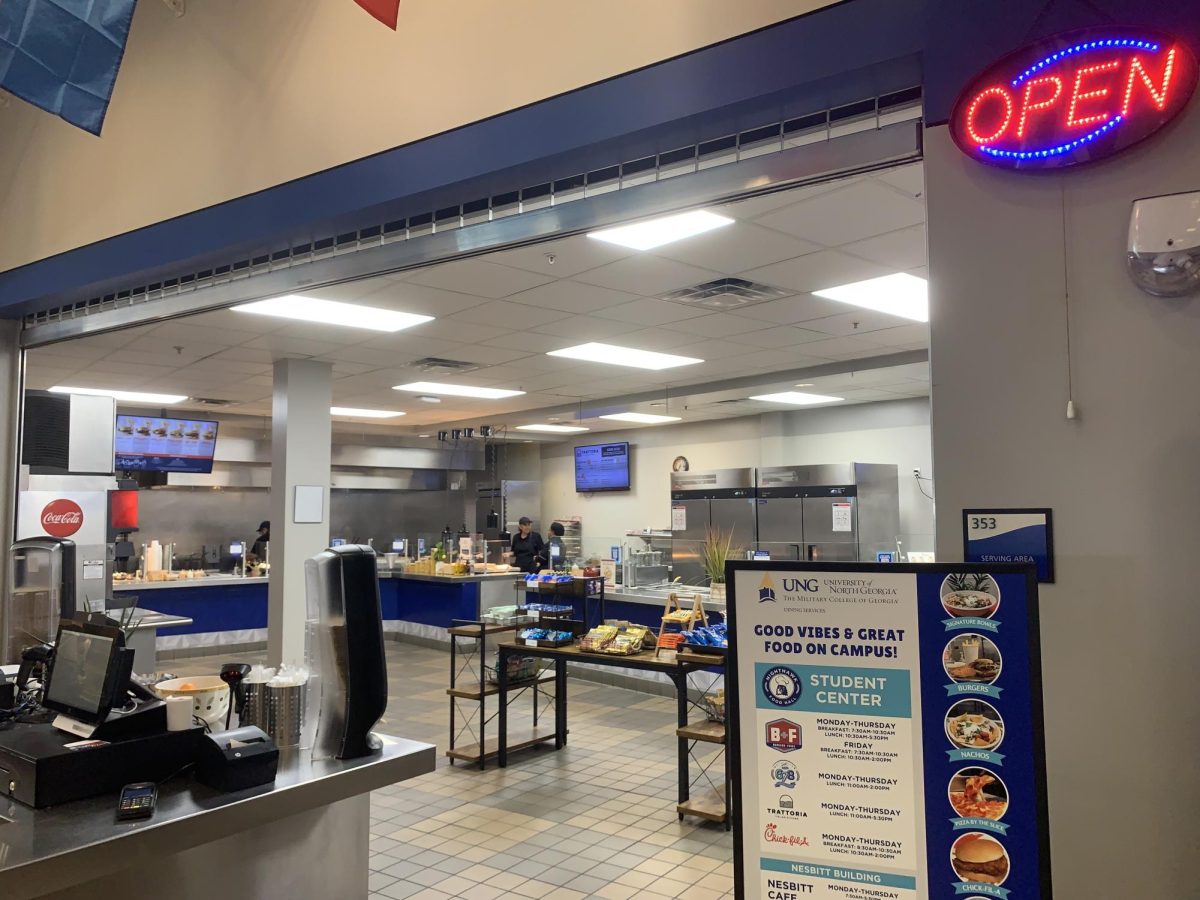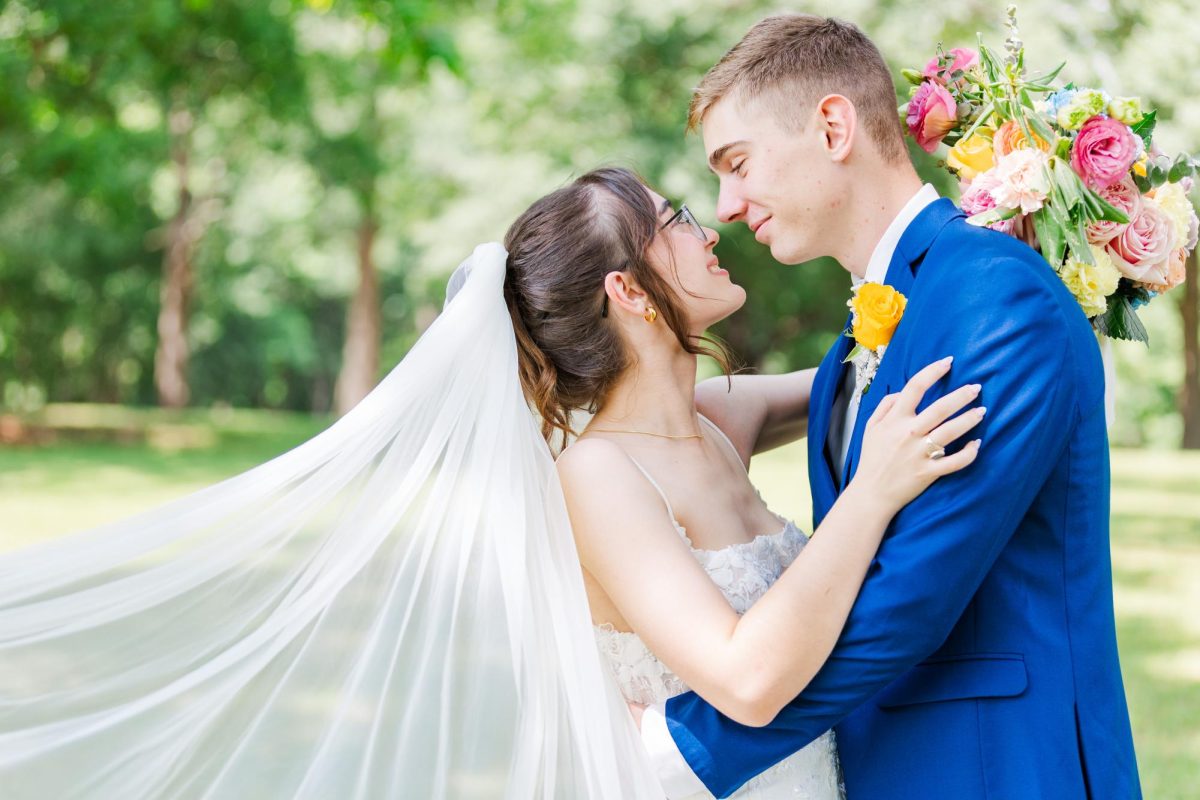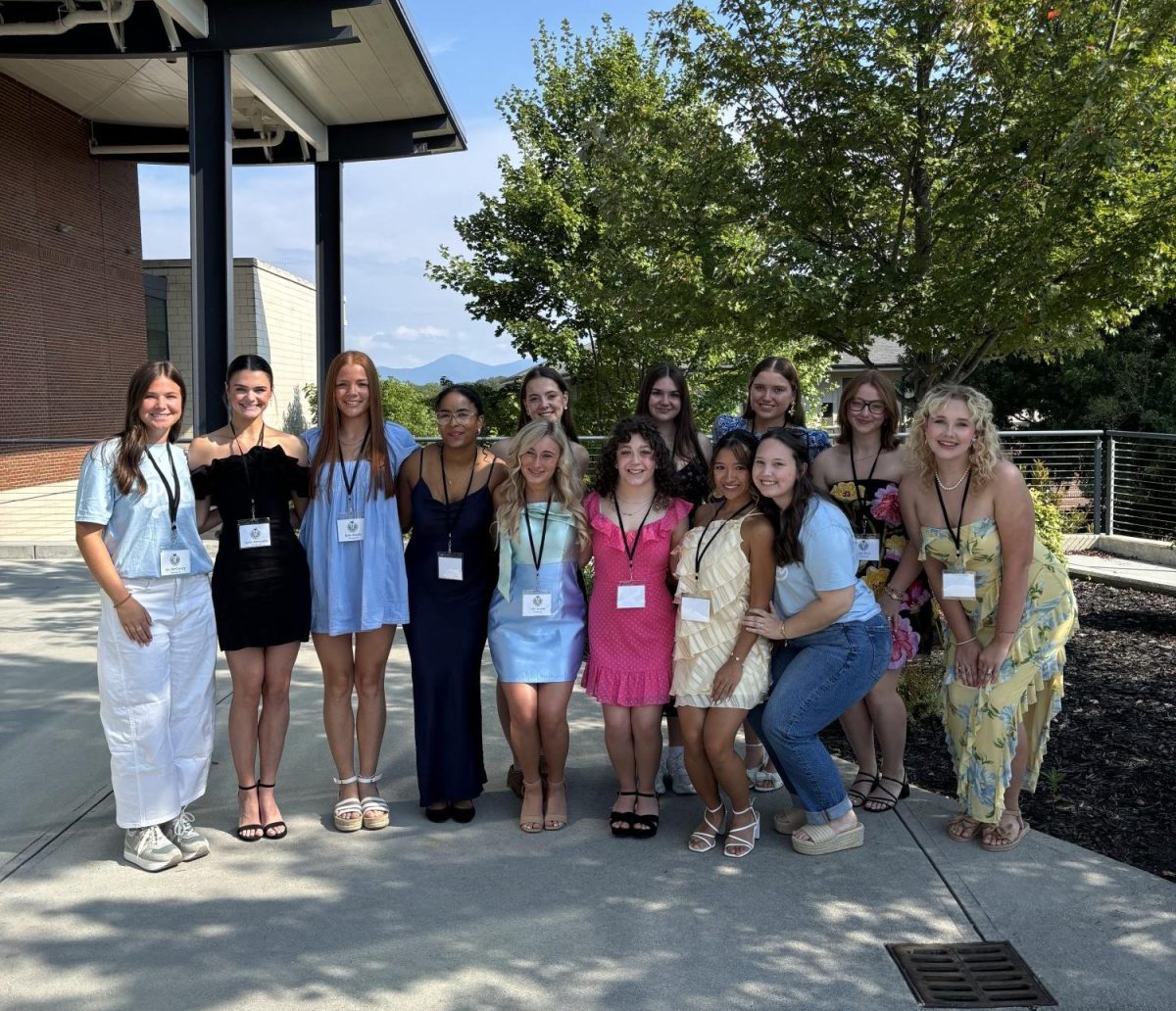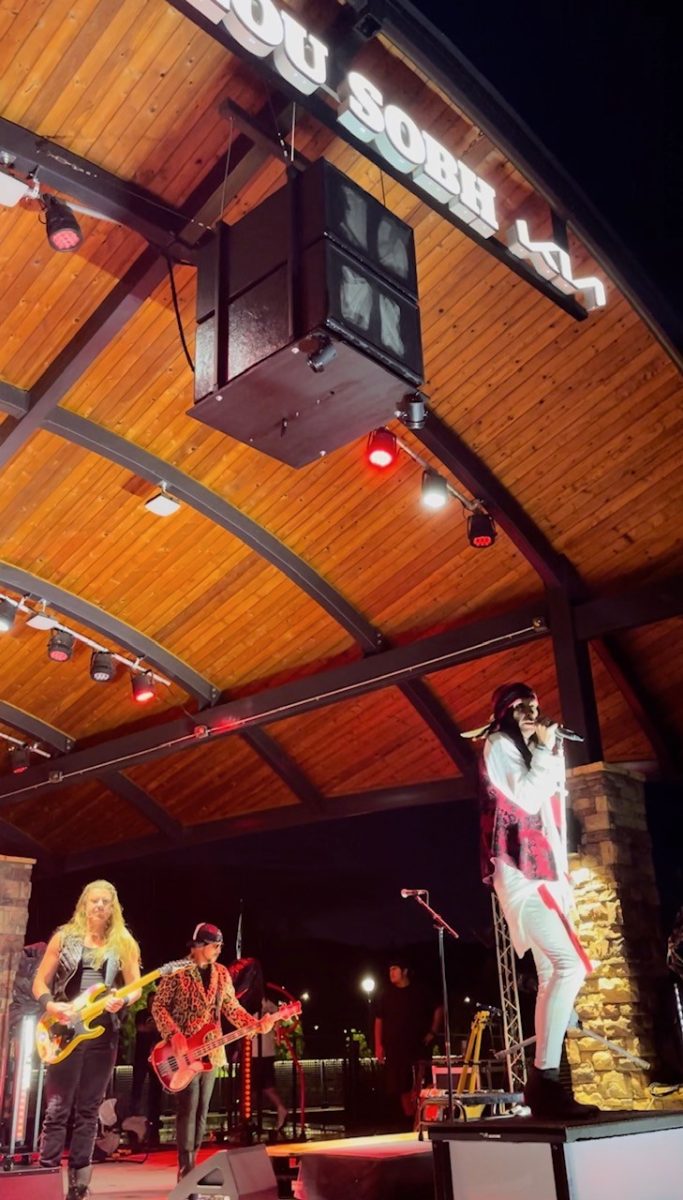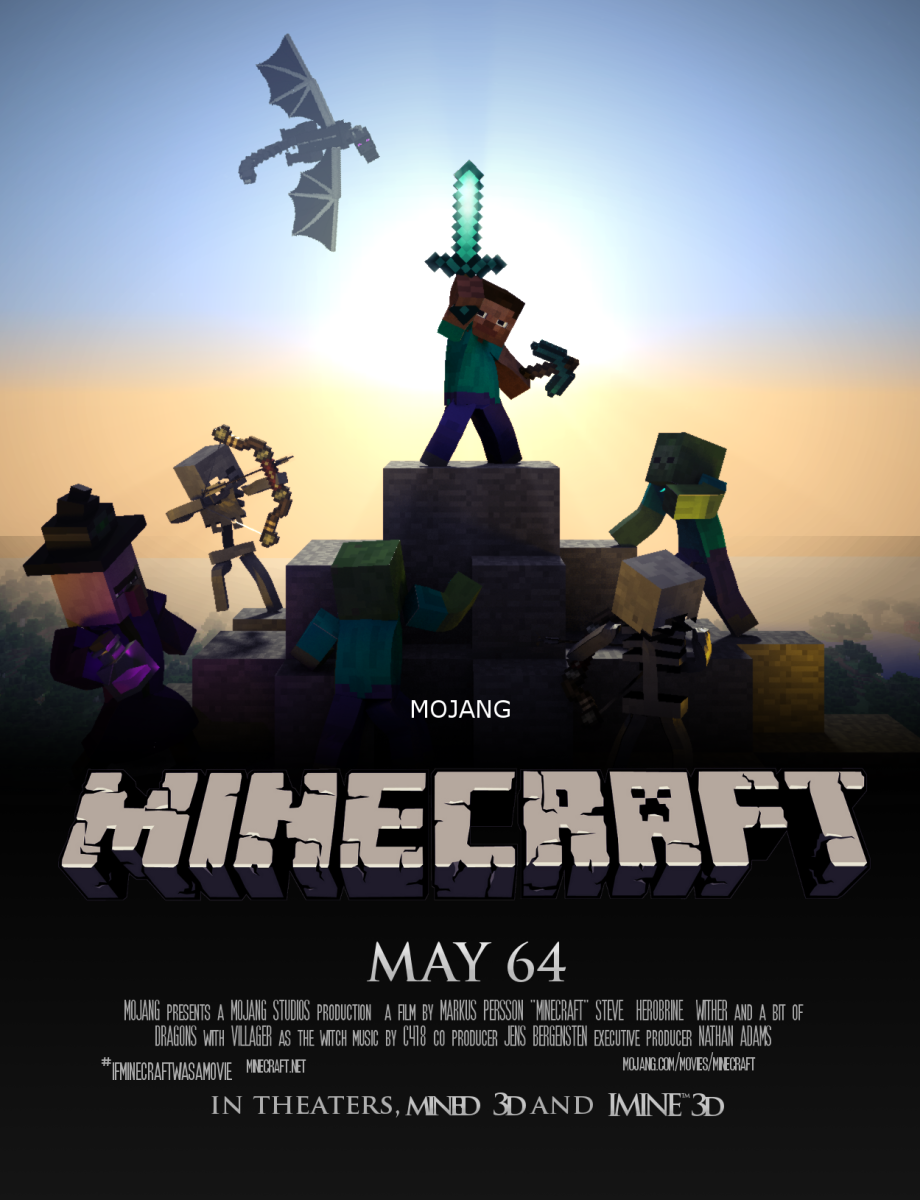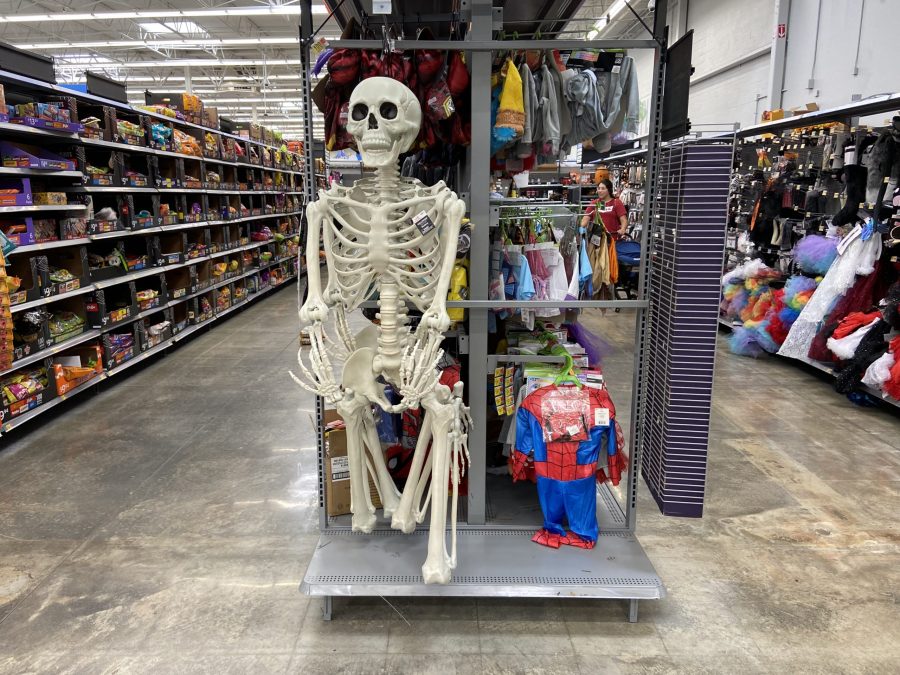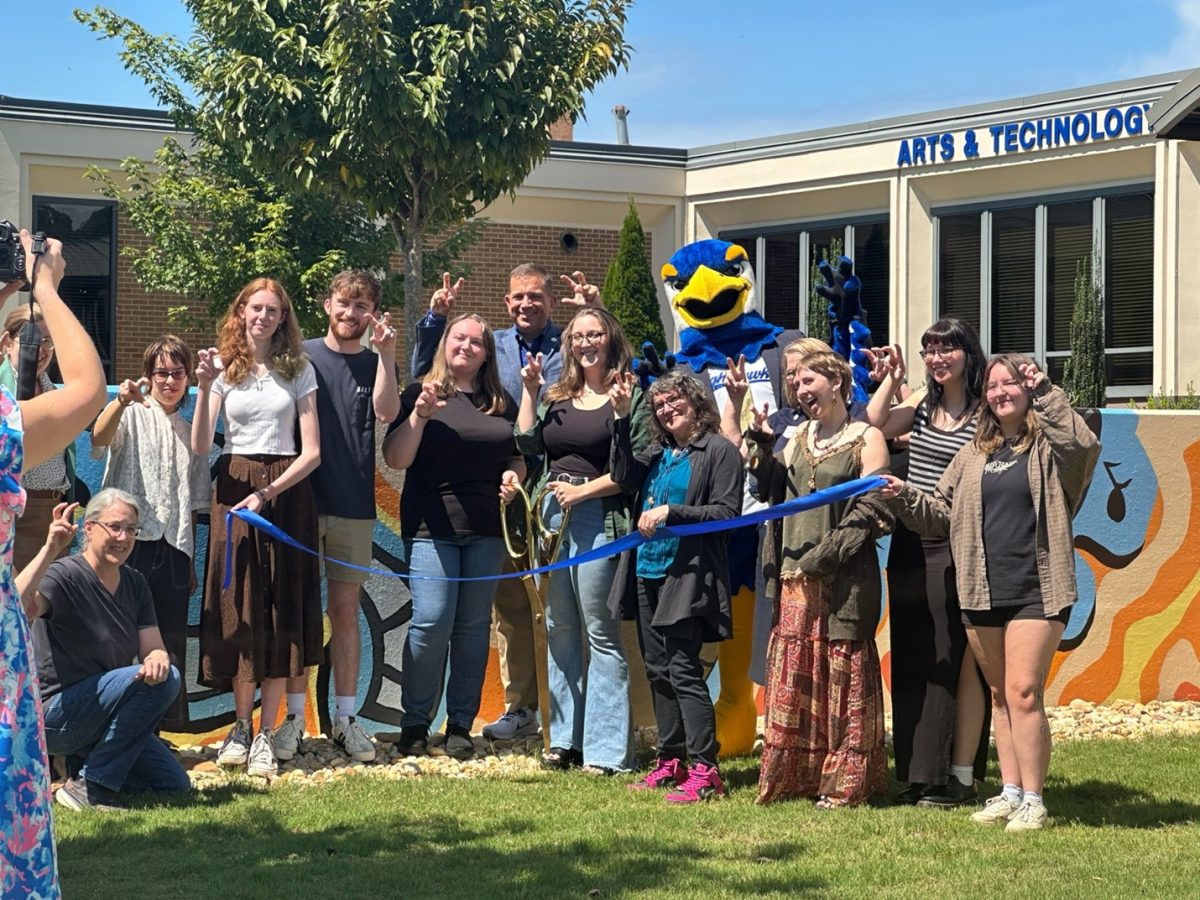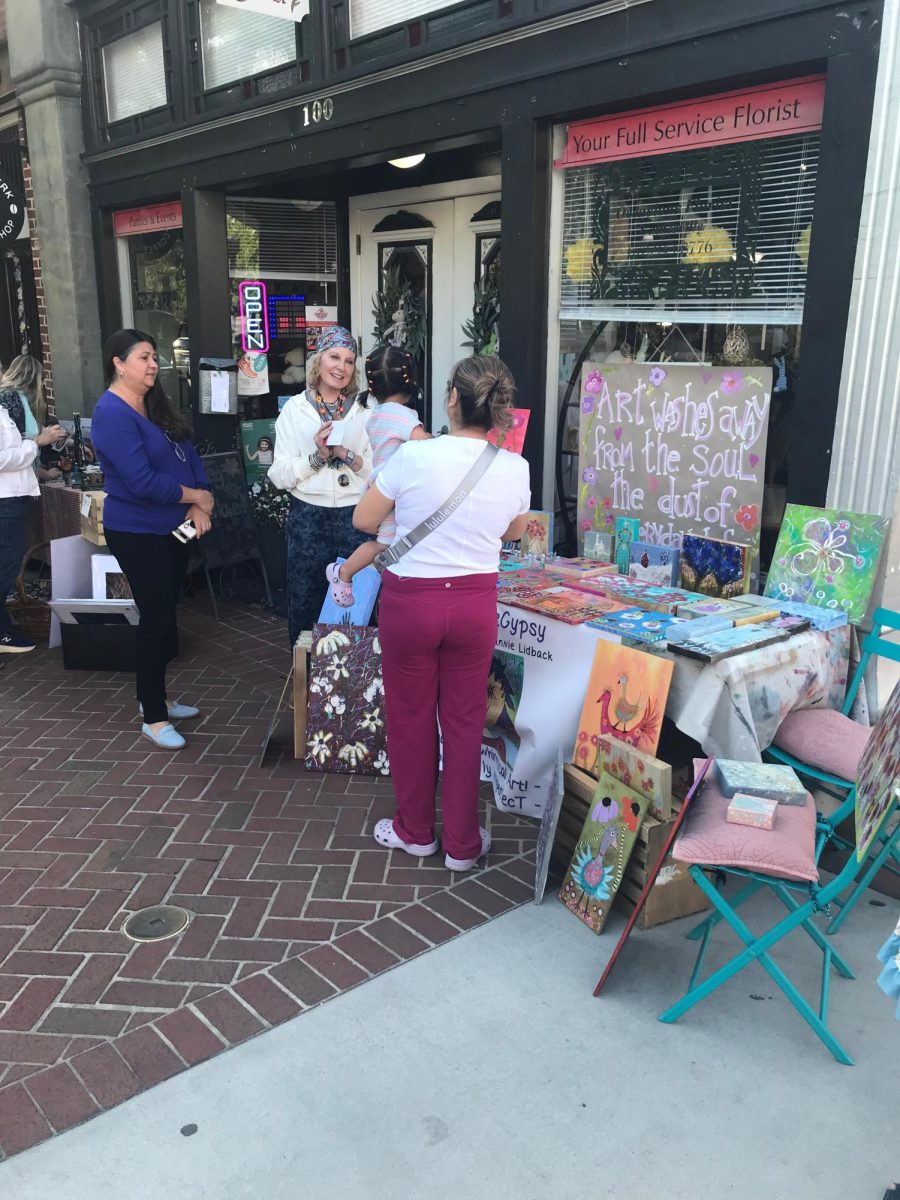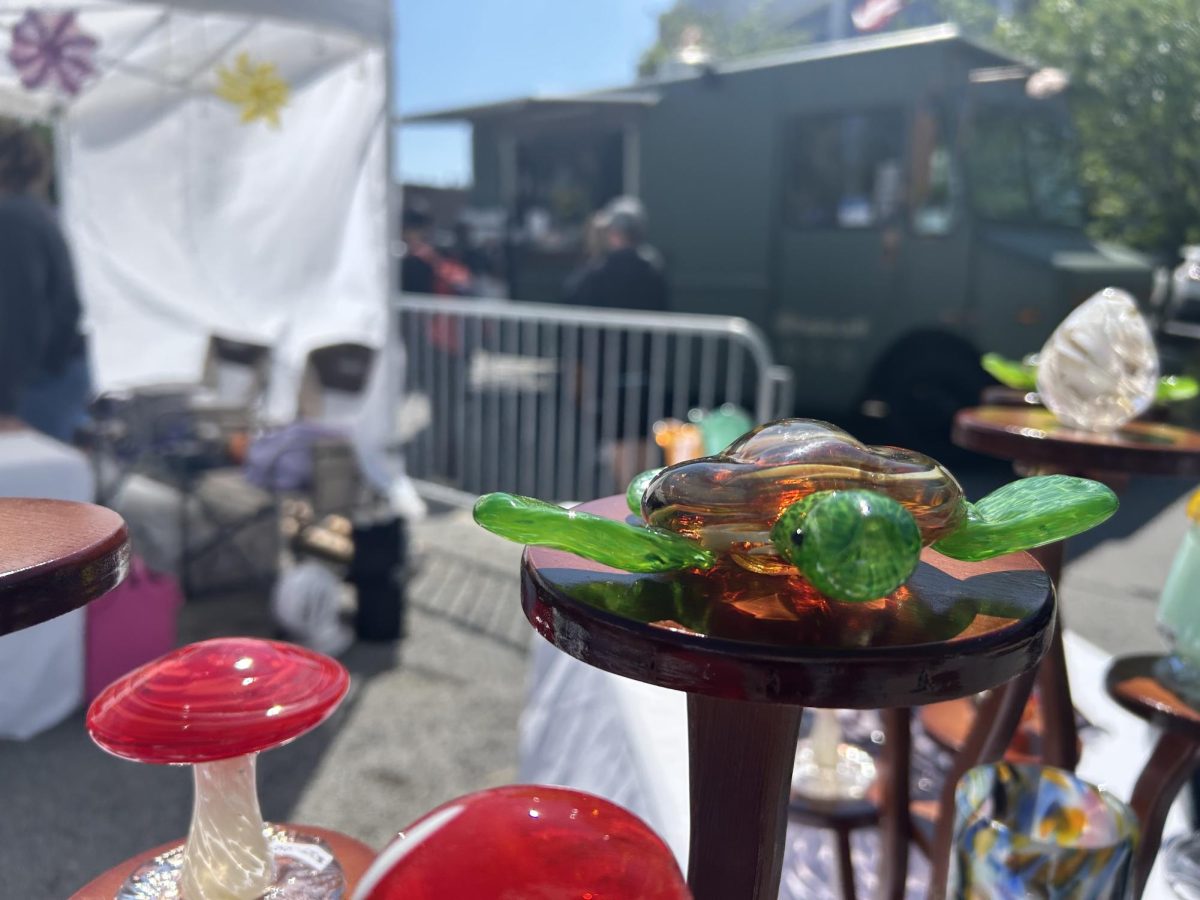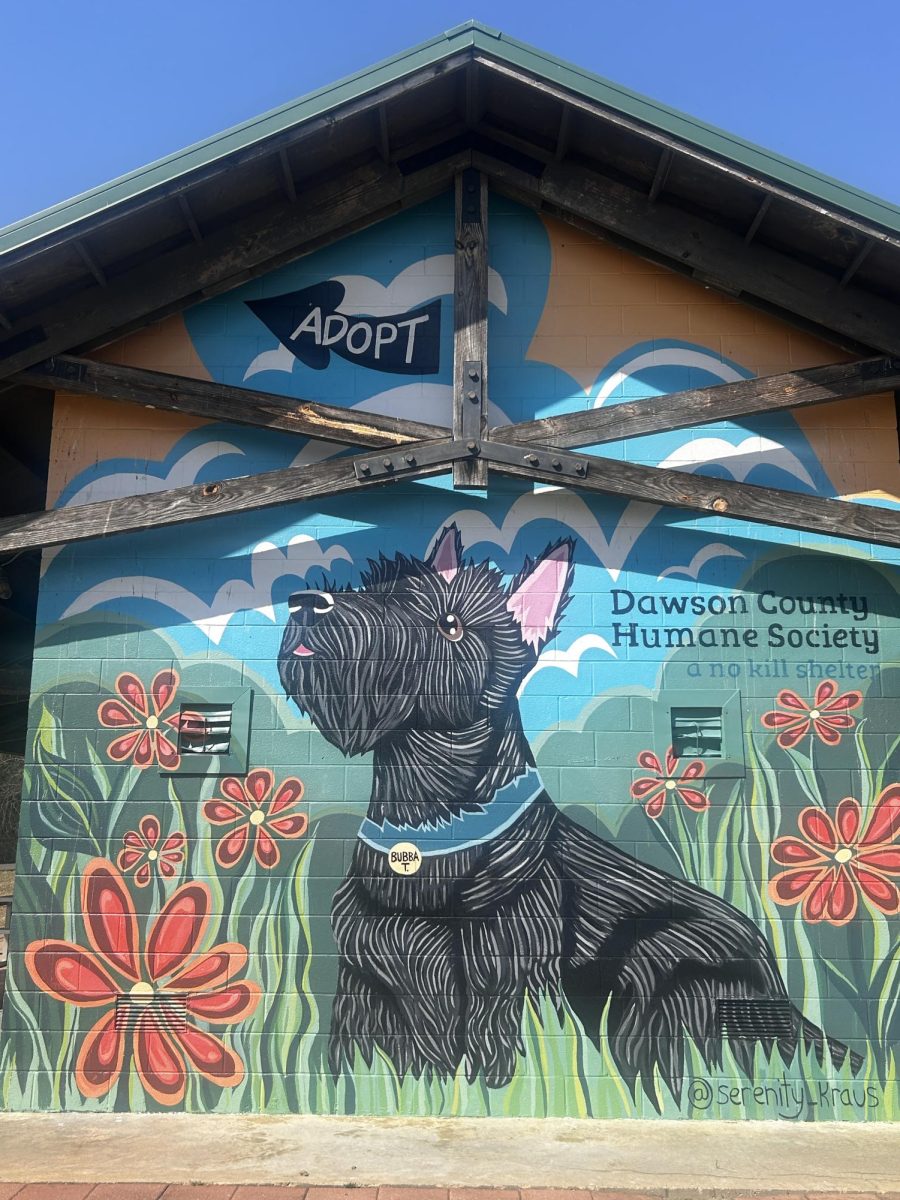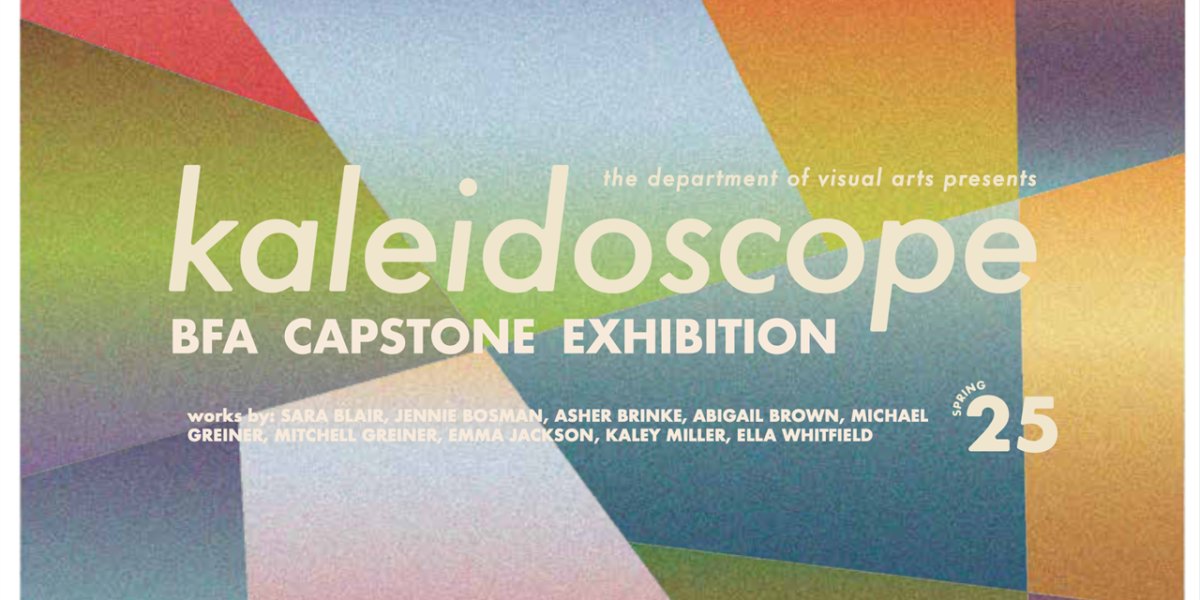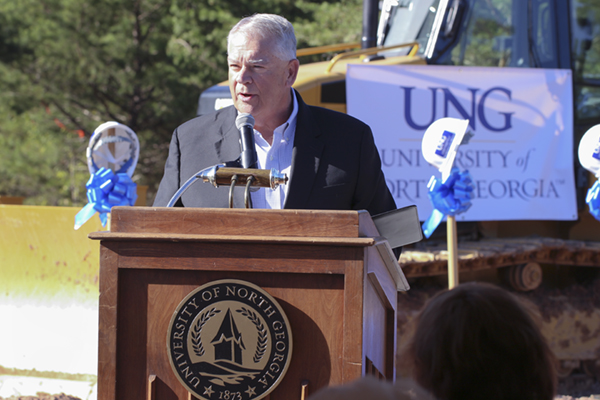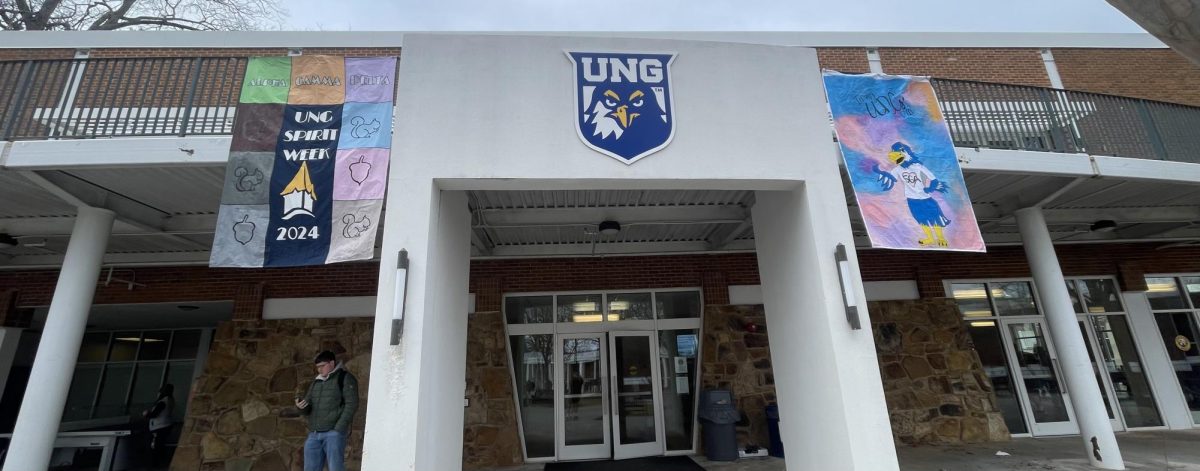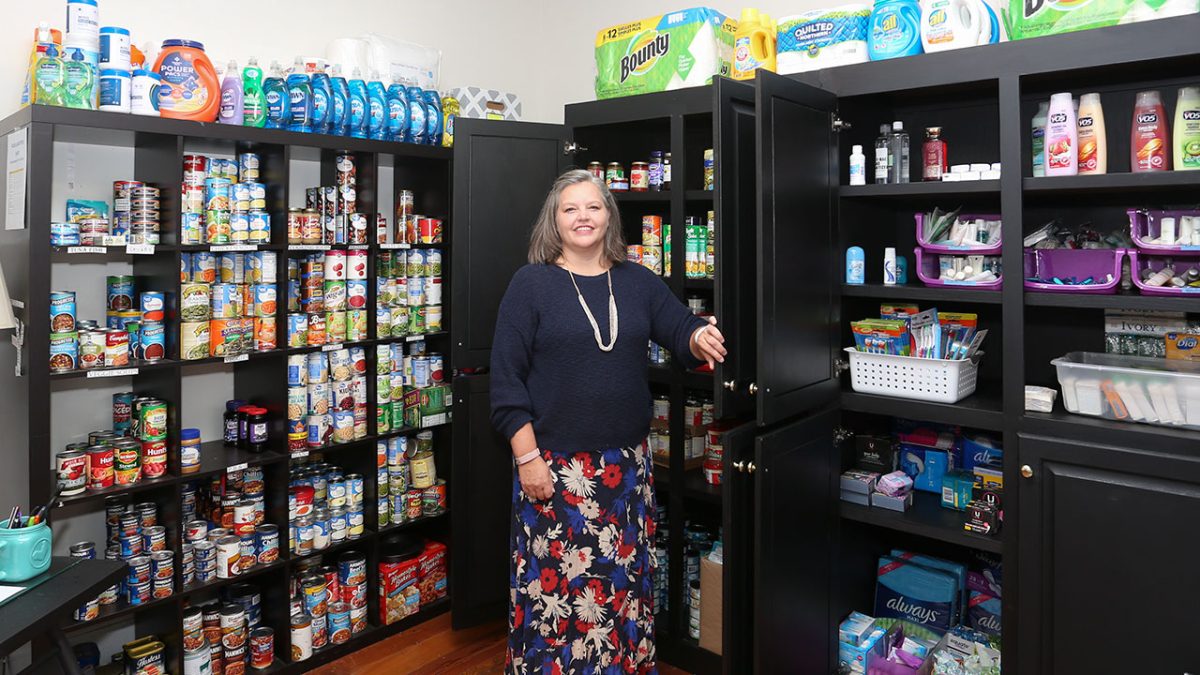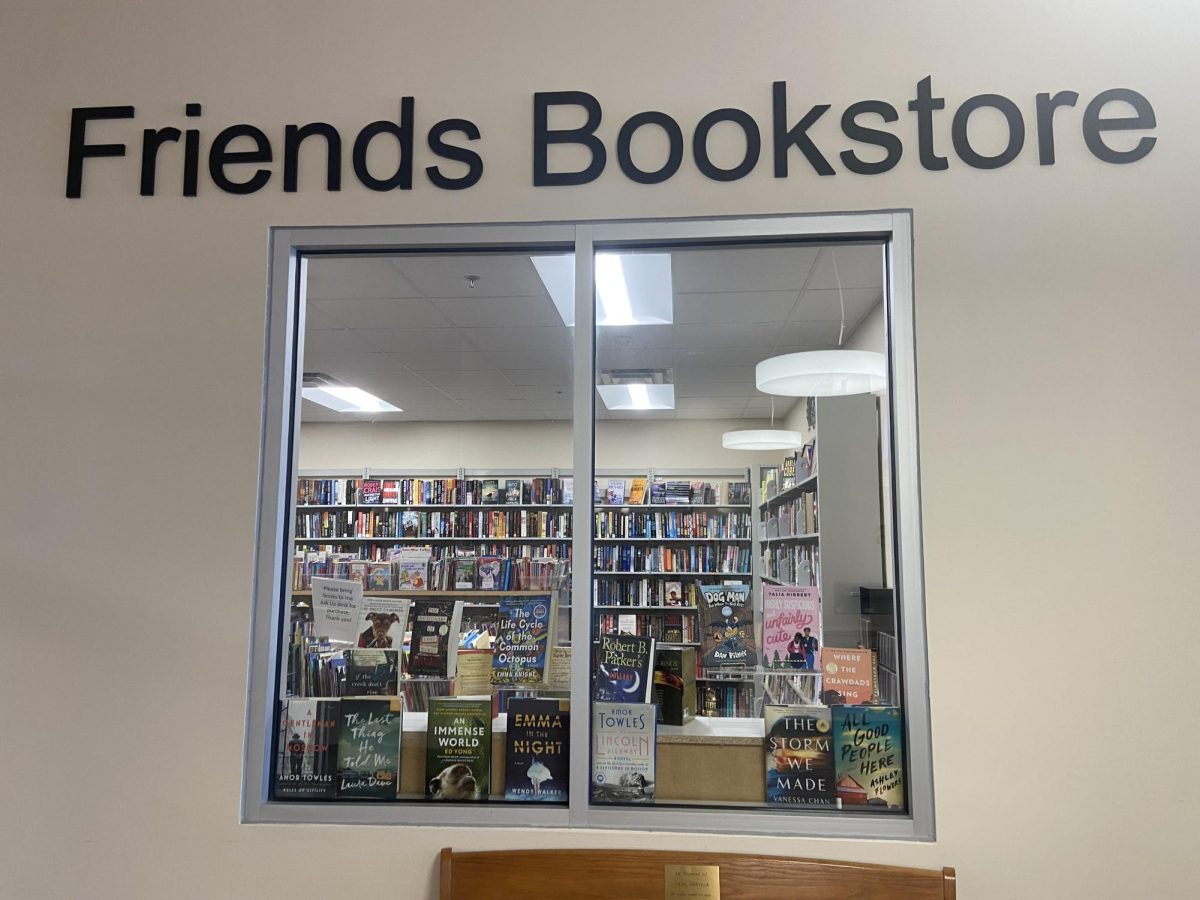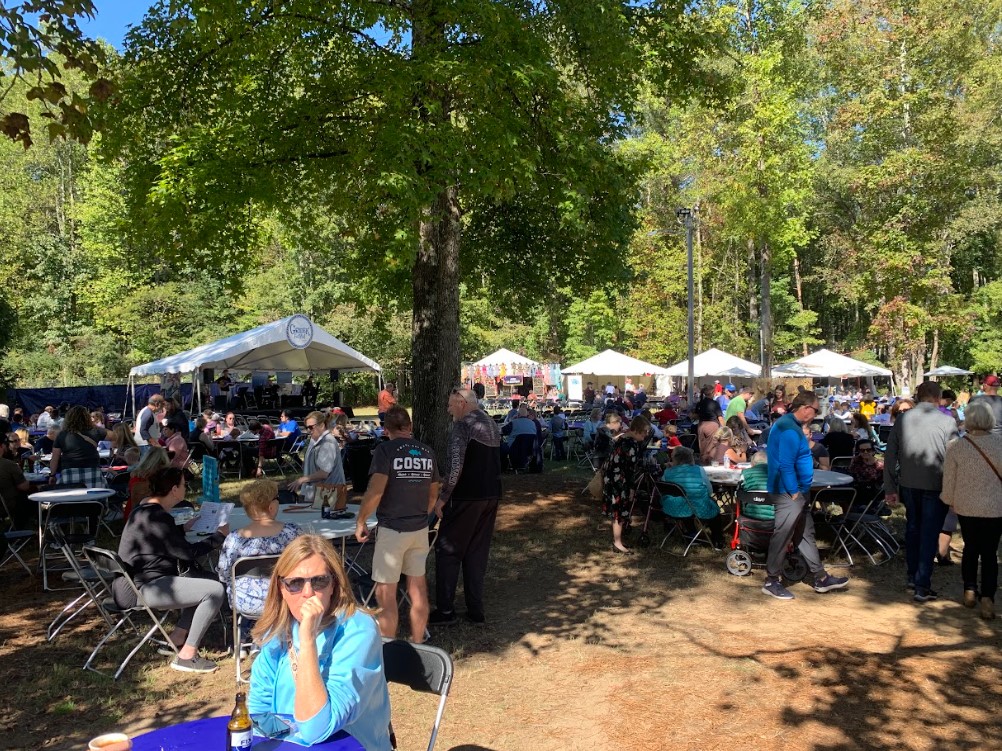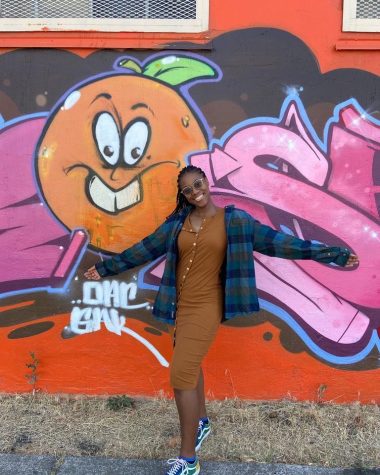What started as an ancient Celtic Festival of Samhain has now grown into what we know as Halloween. This festival was a part of a pagan religious festival where those that participated believed that barriers between the physical and spiritual world broke down allowing humans to interact with the other worlds. It also signified as the start of harvest, and is now an annual celebration commemorated by many people as a day of wearing costumes, trick-or-treating, and other festive activities.
Halloween is a time for people to dress up, carve pumpkins, and eat an unhealthy amount of candy. Some prefer to purposefully put themselves through emotional rollercoasters by going to haunted houses and watching horror movies.
“I like hanging out with my friends and having Halloween parties, it’s an opportunity to be around people and dress up” -Vanna Hogan, Junior at UNG
Despite the rising popularity of the celebration, Halloween is still not considered a national holiday that allows students and workers the day off. It has become a tradition in many households, hence why 69% of University of North Georgia students believe that it should become a national holiday.

Although it is observed on Oct. 31, many people start preparing for it as early as September. While 37% of UNG students believe that September is too early to put up Halloween decorations, the other 63% believe it is the perfect time. UNG Student, Jennifer Muller said “Anything ‘Nightmare Before Christmas’ is important in preparing for Halloween.”
In a recent survey, UNG students have shared some of the essential decorations that one must have, these include: pumpkins, skeletons, spiderwebs, Jack-o-Lanterns, candles, orange lights, bats, and skulls.
Today, Halloween continues to be a controversial topic. While some have taken the observance of Halloween as a tradition in their households, some religious beliefs, mainly Christians, claim Halloween is satanic and revolves around demonic spirits. History.com wrote in their article Halloween 2022 that “each one of these Halloween superstitions relies on the goodwill of the very same ‘spirits’ whose presence the early Celts felt so keenly.” Since Halloween is filled with superstitions, rumors of magics and mysteries, it is avoided by some groups of people, while others find it fun.








